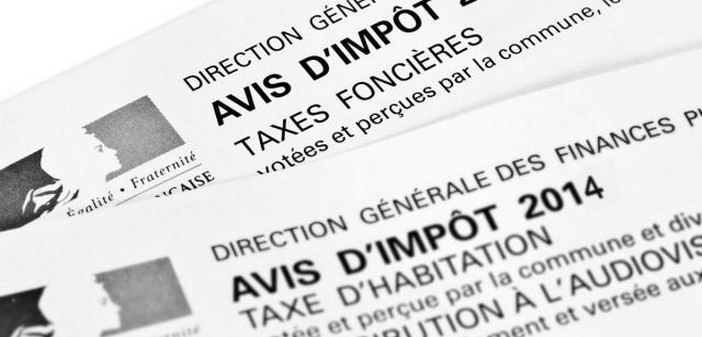The Forum for the Management of Cities and Territorial Communities published its annual report yesterday.
This report comes at the right time. As the Association of Mayors of France (AMF) demonstrated this Saturday to protest against the reduction of state allocations to municipalities, departments, and regions, the study should help shed light on the debate.
Bercy justifies the reduction of its contribution, by 3.7 billion euros per year from 2015 to 2017, by the necessity to have local authorities participate in the 50-billion-euro savings plan, in proportion to their share in public spending (21% of the total).
As a reminder, this reduction, totaling 11 billion euros, corresponds to 1.7% of the total budget of local authorities, whose revenues are not solely from state allocations.
It is noted that 37% of mayors of municipalities with more than 100,000 inhabitants have increased household taxes by an average of 1.8%. However, the increase could be much higher next year when there will be no elections, making mayors very cautious in such initiatives!
The equation is nevertheless more complex.
For example, in Nice, nominal rates remained stable, 29.44% for the housing tax (-0.1% compared to 2014), 23.12% for the built property tax (0% variation).
However, another interpretation shows that the amount of the contribution paid by the taxpayer (a couple with two children living in a dwelling whose rental value is 1.5 times the average rental value of the town’s housing) has significantly increased to 1,095 euros, meaning 6.1% for the housing tax and to 1,011 euros, meaning 0.9% for the built property tax.
This goes to show there is a difference between saying and doing. On one hand, the mayor’s deliberations allow him to boast of “zero taxation,” while on the other hand, what households actually pay.
The most peculiar thing is that everyone seems to be right… at least apparently.
In the end, aren’t taxes both the burden and the delight of our lives as citizens?


